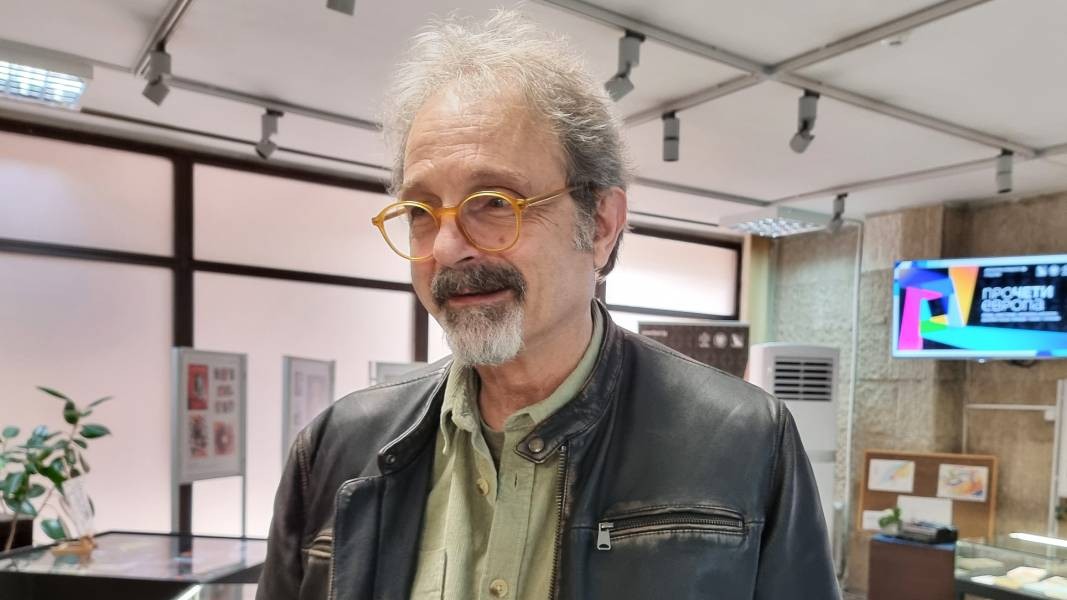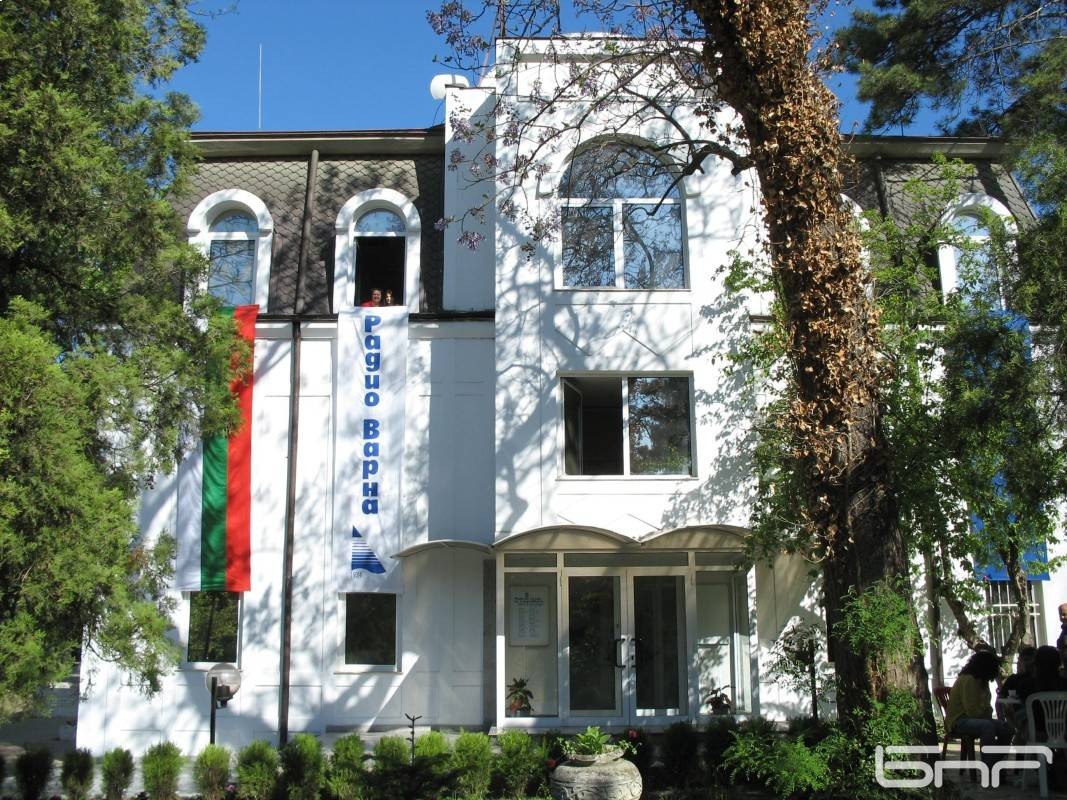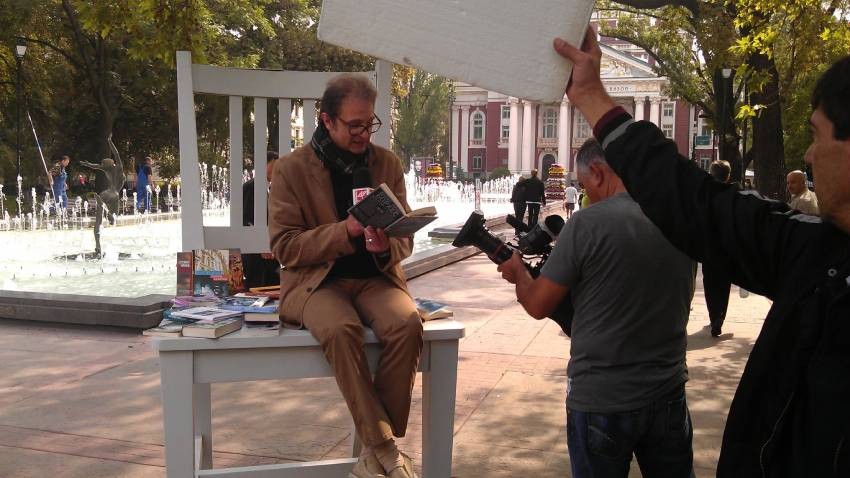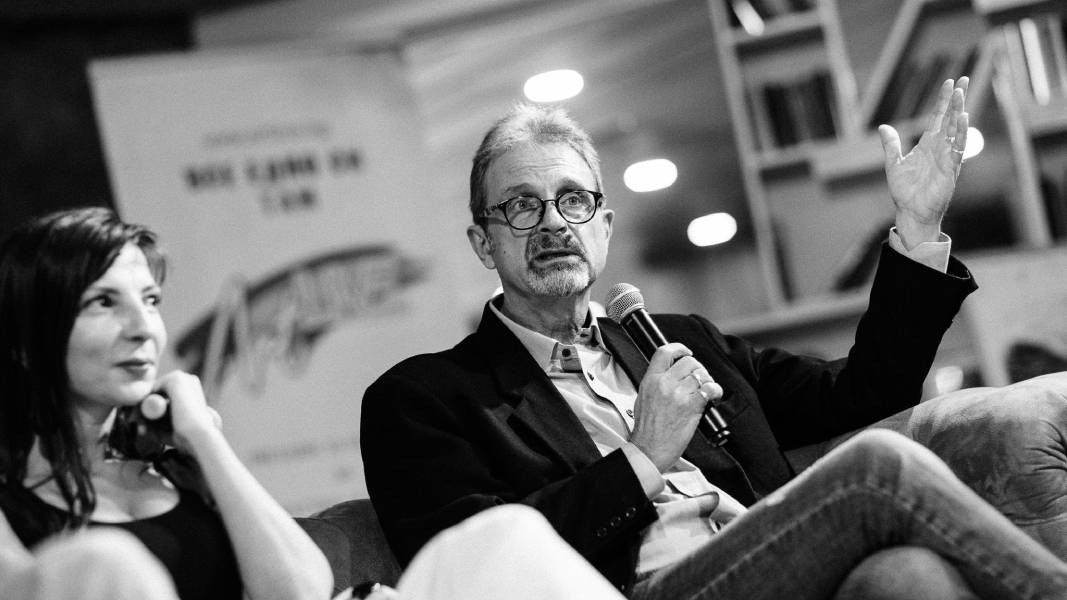
"My first experience at BNR was actually at Radio Varna, when I was a student. During the summer, we used to make programmes for foreign tourists — there were broadcasts in French, German, English, Russian, and so on. Later, once I was in Sofia… I honestly don’t even remember how I ended up at BNR. I didn’t work there for long — probably not even a full year.

At the time, we were working with radio equipment that no longer exists. We used tape reels and there were boxes in the corridors called "drossels" (bulk tape erasers — ed.), where you could erase recordings from tapes so they could be reused. I clearly remember the tedious process of translating official protocol news — our audience was mainly in North Africa. The news would be given to us in Bulgarian, and we had to translate it exactly as it was. Then, once it had been translated, an editor would check it again to make sure that we hadn’t slipped in any inappropriate words. There was absolutely no room for creativity, except in the translation itself, which is a creative process in its own right."

‘I enjoy what I do, whether it’s working in television or digging ditches.’ Reading is one of my greatest passions — I can’t even fall asleep at night without reading a few pages first. My friends know that there’s always a book in my backpack, so if they’re late, they don’t have to worry — I can just take it out and read while waiting for them in a café. When it comes to translation, some books truly capture my attention and keep me engaged for a long time, while I find others tedious and translate them with little enthusiasm. But that’s work. It’s important to constantly maintain your language skills — both Bulgarian and French. You always have to stay sharp and keep up with new developments.
“Here at home, writers are already well known and warmly received everywhere. But in France, the cult of the writer has a long tradition. Authors there have long since stepped out of anonymity and become leading figures in society,' says Georgi Angelov, reflecting on the similarities between Bulgaria and France.

“I’ve met many of the writers I’ve translated. The most memorable was Michel Tournier. I had the opportunity to meet with him for a full three months, to talk and discuss various topics. He was an endlessly fascinating person, incredibly erudite. This kind of communication is important not only for the translation of the specific book you’re working on, but also for your own personal growth. Translating a writer through their pages is one thing, but it's quite another when you've had so many deep and meaningful conversations with the author. His philosophy, his way of expressing himself and his way of thinking make you grow as a person, too."
I come to Bulgaria to recharge myself with new feelings - this is what Desislava Tsvetkova shares with us. She spent 14 years in the capitals of the United Europe, working in the administration of the European Commission . Desislava has recently been..
Anita Ekenova, from Lyon, received the “Bulgarian Woman of the Year – St. Zlata of Meglen” award for 2024 at a ceremony organised by the Executive Agency for Bulgarians Abroad (EABA) in Sofia. Ten years ago, Anita and her folk group Ot..
Anton-Constantin Anastassov is presenting his exhibition "Corridor" at the Sofia gallery Jenifer Artemis Art Gallery , which was opened on October 4. Unburdened by the mental clichés of older generations, he gives free rein to insights born in dreams or..

+359 2 9336 661
